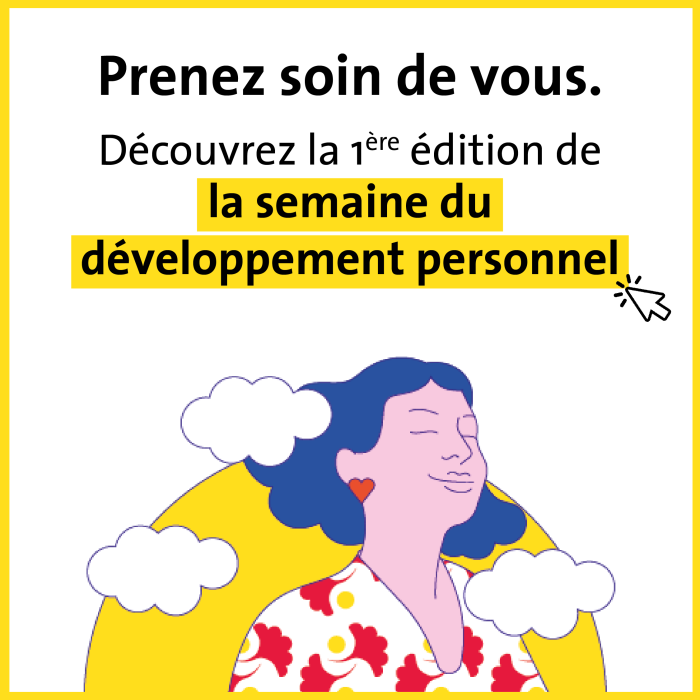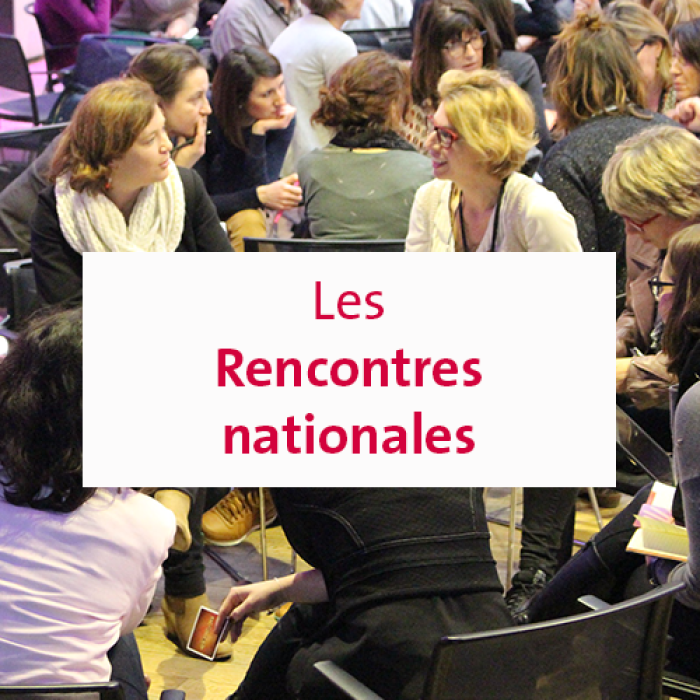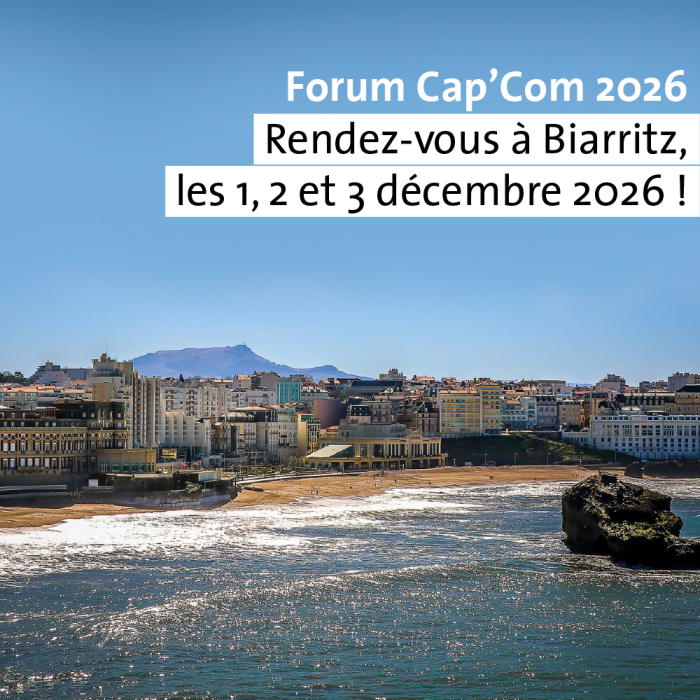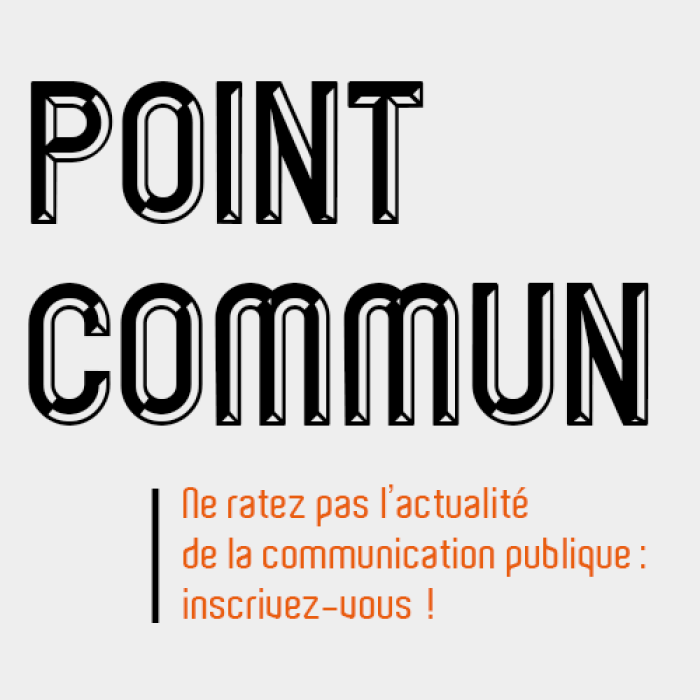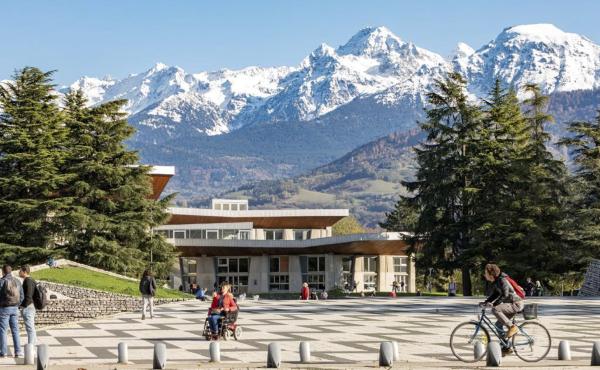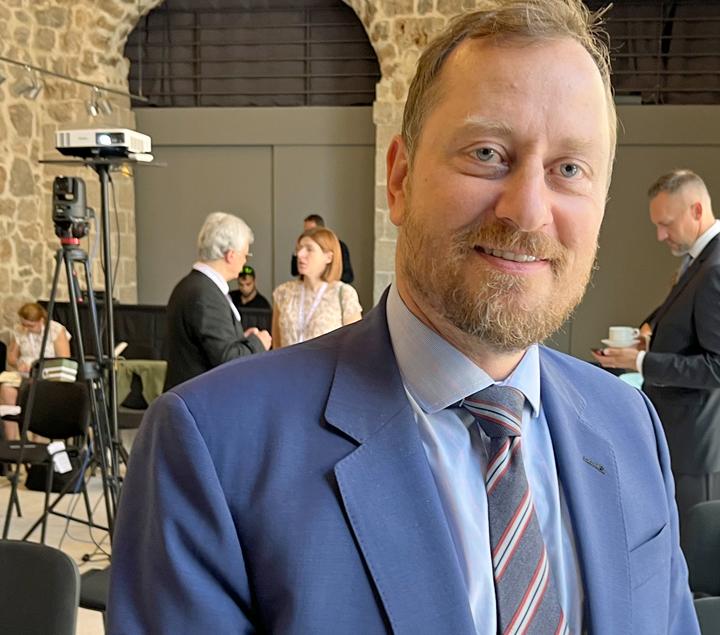
Ensuring that civil society is heard at European level
The European Economic and Social Council is joining in the efforts of all European players to rally support on the eve of an important election, with one goal in mind, namely to bring the European institutions closer to citizens. A major communication campaign is underway, which is due to run for three months. Commonality put three questions to Alexander Kleinig, EESC Communications Director, to find out more.
Commonality: How do you reconcile communication aimed at both the general public and institutions?
Alexander Kleinig: I work at the European Economic and Social Council and our purpose is to provide advice to the European institutions. We do this through our members, entrepreneurs, experts and associations. Our aim is to make the voice of civil society heard by the European institutions. In the past, we've tried to communicate with everyone (all the players, all the relays, and even the general public). But our resources don't allow us to do that.
So we've decided to rely on civil society organisations, the intermediary bodies.
Today, even with the algorithms of social networks, you have to pay to be seen. And we don't have the necessary resources to reach 450 million of our fellow citizens. So we've decided to rely on civil society organisations, the intermediary bodies. And that suits us because, ultimately, we are a network of networks. But communication is dialogue. Our role is to explain European policies and the proposals that are on the table. And that's greatly valued by these civil society organisations, which don't have the means to know "what's cooking". That said, our purpose is also to obtain their opinions in return.
Commonality: So what are you actually planning to do?
Alexander Kleinig: Before the European elections, we planned to launch a consultation of civil society on the key issues to be addressed in the next mandate. This procedure is now culminating in public consultations lasting until March, with a major civil society conference on 4 or 7 March, the first edition of Civil Society Week under the slogan “Rise up for democracy!” in Brussels.
We will be gathering together people of all ages and backgrounds, including youth, journalists and EU institution representatives, for a vibrant debate on topics that matter to our everyday life and Europe's future. We will shine a light on the threats to democracy and the challenges in safeguarding democratic values, as well as identifying expectations from Europe's future leaders. Our recommendations will then be fed into the EESC resolution on the EU elections and in specific policy proposals
The Civil Society Week (#CivSocWeek) will include 5 major EESC initiatives:
- the Civil Society Days, a flagship event that each year highlights the wide range of contributions civil society organisations are making to the building of a European Union which is more in tune with citizens' aspirations regarding issues that are crucial to our democratic societies, which encourages civil society to become more involved in the European project at all levels;
- the European Citizens’ Initiative Day (ECI Day), a high-level annual conference that provides a forum and platform for EESC partners;
- the event entitled Your Europe, your say!, which brings together the Union and young people from the EU member states, candidate countries and the UK, encouraging them to exercise their democratic right to vote During lively consultation sessions, these young people will have the opportunity to take part in debates, promote collaboration and reach a consensus;
- the Civil Society Prize, which will reward effective, innovative and creative initiatives to support mental well-being on an individual or collective basis;
- the Journalists’ Seminar, which brings together journalists from all EU Member States, enabling them to take part in discussions on the state of democracy in the Union and the upcoming European elections.
In the period immediately following the European elections, we are keen to make the voice of civil society organisations heard.
2024 is an important year because, in addition to the elections, once the Parliament has been constituted, it will nominate and vote on the next European Commission, as well as approving the future President of the Commission. This will be done through hearings of the colleges of future commissioners. Parliament will express its priorities on this occasion. In the period immediately following the European elections, we are keen to make the voice of civil society organisations heard. They represent nearly 80 million members when you add together the members of trade unions, associations and federations. There will be a call for projects, a consultation and an invitation to participate.
Commonality: How are you promoting this initiative?
Alexander Kleinig: It's important to say that this project has been submitted to the bureau of our institution, that it has been planned, and that it therefore has democratic and European legitimacy. It is on this basis, and with a view to this spring's Civil Society Week, that citizens' relays (which naturally includes local authorities) can report on and support this initiative. All the information is on our website (Civil Society Week 2024| EESC (europa.eu) ). And the members of the European Economic and Social Council are resources that can be contacted at any time!
